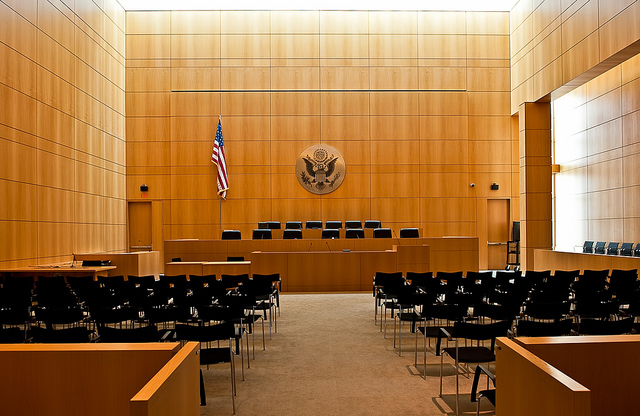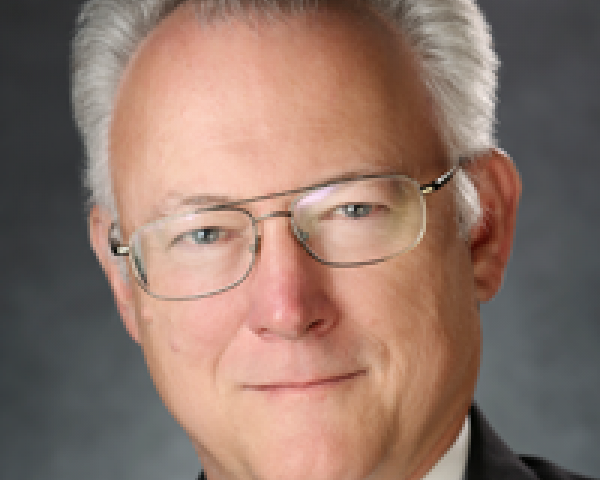California's Workers' Compensation Appeals Board reverses itself and says utilization reviews can only be contested based on timeliness.
A divided Workers' Compensation Appeals Board has issued its long-awaited en banc decision to the defendant’s appeal in Dubon v. World Restoration and substantially modified its prior en banc holding to limit the ability of the WCAB to decide medical issues only in cases where utilization review (UR) is untimely. In doing so, the WCAB completely retracted its prior holding that UR decisions that were “procedurally deficient” were subject to WCAB jurisdiction to address medical issues. In reversing itself, the WCAB effectively disagreed with its own rule ADR 10451.2 to the extent it made such procedural issues the subject of WCAB review.
The new holding of the WCAB, decided on a 4-1 vote, with Commissioner Lowe concurring and dissenting and Commissioner Sweeney dissenting, is set out as follows:
1. A utilization review (UR) decision is invalid and not subject to independent medical review (IMR) only if it is untimely.
2. Legal issues regarding the timeliness of a UR decision must be resolved by the Workers’ Compensation Appeals Board (WCAB), not IMR.
3. All other disputes regarding a UR decision must be resolved by IMR.
4. If a UR decision is untimely, the determination of medical necessity may be made by the WCAB based on substantial medical evidence consistent with Labor Code section 4604.5
The decision provides a substantial change from the former broadly worded opinion giving wide discretion to trial judges to find UR defective based on multiple defects beyond timing. Workers' compensation judges (WCJs) in the interim had a field day finding such perceived “procedural defects” -- some of which, based on WCAB panel decisions, appeared to be very minor -- a basis to assume jurisdiction over medical care. The WCAB, in removing the ability to review UR-based issues other than untimeliness, emphasized the language in SB 863 that medical issues should be decided in UR and IMR and not by WCJ:
“Commissioner Sweeney suggests that a UR decision that does not comply with the mandatory requirements of section 4610 is not a decision subject to IMR. (See § 4610.5(c)(3).) We disagree. The legislative intent is clear. IMR is the sole mechanism for reviewing a UR physician’s opinion regarding the medical necessity of a proposed treatment. Consistent with this, we hold that where a UR decision is timely, IMR is the sole vehicle for reviewing the UR physician’s expert opinion regarding the medical necessity of a proposed treatment, even if the UR process did not fully comply with section 4610’s requirements….With the exception of timeliness, all other requirements go to the validity of the medical decision or decision-making process. The sufficiency of the medical records provided, expertise of the reviewing physician and compliance with the MTUS are all questions for the medical professional….”
The WCAB, however, has also concluded that IMR is limited to resolving medical disputes and is not authorized to address timeliness issues. Only the WCAB can decide if UR is timely in the absence of some statutory authority for IMR to consider the issue. SB 863 did not specifically address this issue; the board’s decision continues to rely on the decision of the California Supreme Court in Sandhagen v. WCAB, which held the WCAB had authority to resolve medical disputes where UR was timely:
"Sections 4610.5 and 4610.6 limit IMR to disputes over 'medical necessity.' Legal disputes over UR timeliness must be resolved by the WCAB. (§ 4604 ('[c]ontroversies between employer and employee arising under this chapter shall be determined by the appeals board, … except as otherwise provided by Section 4610.5' (italics added)); § 5300 (providing that 'except as otherwise provided in Division 4,' the WCAB has exclusive initial jurisdiction over claims 'for the recovery of compensation, or concerning any right or liability arising out of or incidental thereto'); see also Cal. Code Regs., tit. 8, § 10451.2(c)(1)(C).)"
The WCAB continued to emphasize that, on those occasions when the WCAB determines UR was untimely and therefore subject to decision of the WCAB, the decision is not automatically to award the disputed medical treatment but to require the decision to be based upon substantial medical evidence, with the applicant having the burden of proof.
Dissenting Opinions
There were two additional opinions in this matter. In a concurring and dissenting opinion by Commission Lowe, she agreed with the majority's analysis and holding in this matter but would have dismissed the entire appeal as moot because the applicant’s surgery has since been authorized based on further review. Commissioner Lowe noted that while she would “unequivocally concur in the majority holdings, I maintain that it was not necessary to reach the merits here.”
Commissioner Sweeney, however, issued a strongly worded dissent indicating she would uphold the initial decision in Dubon I. Making essentially the same arguments that were outlined in the original decision she argues for WCAB jurisdiction to review medical issues on the much broader scale than the majority opinion.
Comments and Discussion
This decision essentially leaves the state of the law much the same as it had been before the first en banc decision in this case. While some defendants would occasionally raise the issue of WCAB jurisdiction to decide medical issues where UR was untimely, the issue did not come up nearly as often as the “procedural defects” the WCAB identified as a basis for the WCAB to decide medical treatment. Issues that had been raised to the WCAB included completeness of the medical record in UR, adequacy of the UR physician’s discussion, UR physician specialty, signature of UR by a physician (as opposed to the actual decision being made by a physician) and delay notices issued by a nurse rather than a physician. Based on the new WCAB decision, all of those issues are the kind that can be addressed in IMR when the full and more complete review of medical necessity is made.
It will be interesting to see if this case is appealed further. Certainly, there is very little reason for the applicant attorney to take this case up as his client has received the requested treatment, and should he do so the argument for mootness of the decision would probably convince an appellate court that this case is no longer ripe for dispute.
For defendant, the decision must be considered a substantial win. The WCAB has significantly pulled back on the very expansive decision of Dubon I, returning the worker’s compensation community to the status quo before Dubon I. It is probably worthwhile for the employer community to attempt to obtain appellate review of the issue of WCAB jurisdiction over untimely reviews, the urgency of that issue is not as great as the potential chaos that Dubon I caused and was continuing to develop. Whether the commissioners were influenced by the flood of hearings challenging UR on every conceivable issue, real or not, is something only the majority knows. Certainly, the potential for reversal at the next level with the very thin justification for the original decision must, and should have, played a role in the reversal.
The new decision of the WCAB is one that is certainly much easier for the WCAB to defend in the event the case goes up. The argument that the WCAB gets to decide timeliness of UR is probably supportable on the basis of the statutory scheme. The question of whether the WCAB’s remedy for such untimeliness, that a WCJ can then decide the issue, is probably still open to question at the next level but is certainly decided at this level for now.
The takeaway from this decision is clear: UR needs to be timely!


